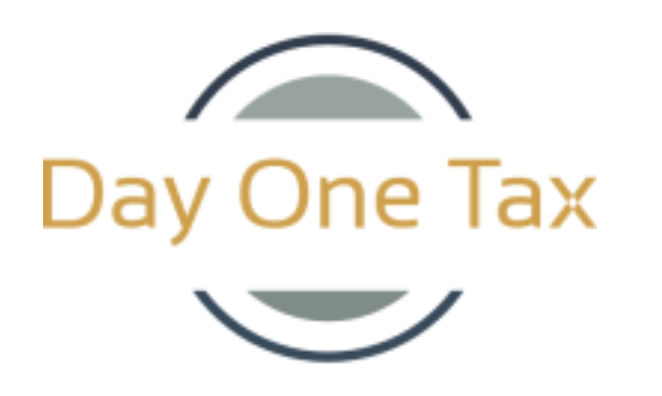(Published: 2024/6/13)

Which is better, a sole proprietorship or a company?
When considering doing business in Japan, there are basically two options: operating as a sole proprietor or establishing a company. You might wonder if you should form a company even if you plan to run the business alone and have no employees. There are many such one-person companies. So, what are the differences between a sole proprietorship and a company? Generally, there is a subjective difference, such as the higher social credibility of a company, which is an important factor. However, in this article, we will mainly focus on comparing the costs incurred, such as taxes and social insurance (health insurance and pension), as we believe that understanding these financial aspects will make it easier to decide between a sole proprietorship and a company.
Establishment Costs
Establishing a company involves initial costs. The common types of companies are Kabushiki Kaisha (KK) and Godo Kaisha (GK). For a KK, the initial cost is about JPY 230,000, and for a GK, it is about JPY 110,000 (See also KK or GK?). These are one-time initial costs. For sole proprietors, there are no such costs, so if you want to avoid initial expenses, a sole proprietorship might be better.
Additionally, for a company, you need to invest at least JPY 1 as capital. However, this capital can be used for company expenses, so it might not be different from the expenses incurred in a sole proprietorship. Capital is essentially transferring personal money to the company.
Tax Rates
Tax rates vary significantly between sole proprietors and companies. To conclude, if the taxable income (revenue minus expenses) is around JPY 8 million to 9 million, the company might have an advantage due to different tax rates. Personal tax rates range from 5% to 45%, increasing with income, while the maximum tax rate for companies is around 23%.
Fixed Portion Tax (Per capita levy on corporate inhabitant tax)
Both individual and company taxes are generally based on income. However, there might be times when there is no income. For instance, in the early stages of a business, there might be no sales, and losses might continue for some time. Even in such cases, a company must pay a fixed portion tax called “kintowari (Per capita levy on corporate inhabitant tax).” Depending on the company’s capital, this is typically around JPY 70,000 per year for most small companies. Sole proprietors do not have this tax.
Carryforward of Losses
Both sole proprietors and companies can carry forward losses to offset future profits (note that this requires a blue return filing). For sole proprietors, the carryforward period is up to 3 years, while for companies, it is up to 10 years. Therefore, for long-term business plans, a company might be more advantageous.
Other Deductions
Sole proprietors filing with the blue return can use the special blue return deduction, which allows a deduction of up to JPY 650,000 from income, resulting in tax savings. Companies do not have a similar deduction, but if a company pays you as an officer/director, you can use a salary income deduction. This reduces the personal income tax on your salary, and the amount of deduction ranges from JPY 550,000 to about JPY 2 million. It is hard to say which is more advantageous, but these deductions are significant differences between a company and a sole proprietorship.
Health Insurance and Pension
Both sole proprietors and companies must join health insurance and pension systems, but the systems differ. For example, with a company, the amount you pay for health insurance and pension depends on the amount of salary paid to you as an officer/director, which you usually set yourself. Therefore, you could set a low salary to reduce these costs. For sole proprietors, this concept does not exist, and health insurance costs fluctuate based on profits (the pension is a fixed amount under the national pension system).
Conclusion
Comparing the differences between a sole proprietorship and a company reveals many distinctions. From a tax rate perspective, if you have a profit of around JPY 8 million to 9 million, you might consider operating as a company. However, it is essential to consider other factors comprehensively. Besides the points mentioned in this article, there are many subtle differences, making a simple comparison challenging. The most recommended approach is to perform an actual simulation and comparison.
(See also how to set up a company)

LEAVE A REPLY